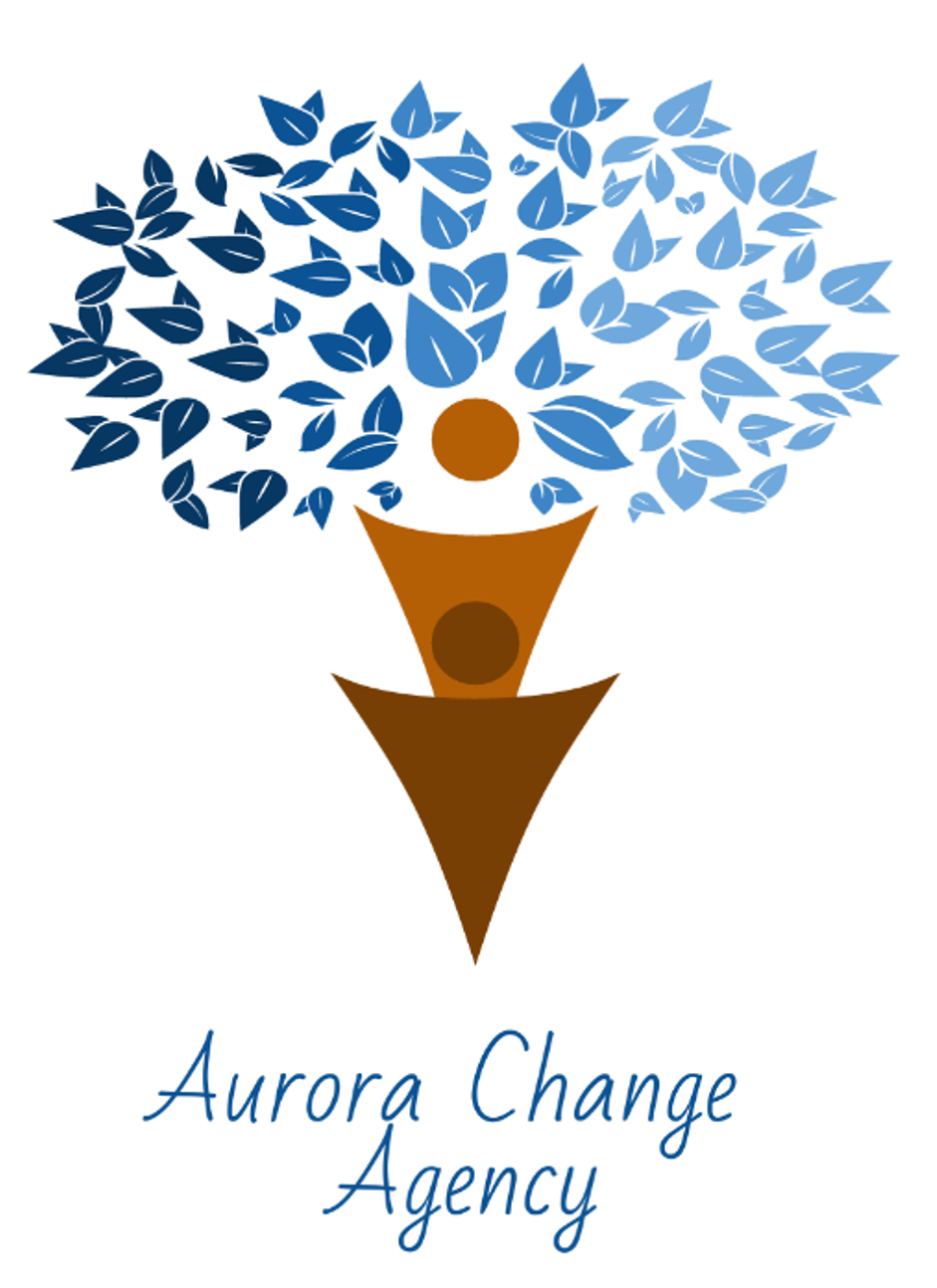Emotional Labor Day
This Labor Day, I woke up thinking about how the emotional labor of being a diversity, equity, and inclusion practitioner is like being in a one-sided relationship. Many of us doing this work are married to it in a way, as we are ourselves among the minoritized groups for whom this work is personal; one hopes the practice of advocating for others’ humanity will yield the affirmation of our own. Our partners - the organizations and spaces in which we aim to create cultures of belonging - may never really love us back. We give fully of ourselves, perhaps never knowing the reciprocity of a healthy partnership.
When entering relationships with our partners, it’s based upon some form of attraction. Maybe your partner likes the way you look, and they want you as a trophy – you and what you bring are the personification that they have “arrived.” Maybe you pursued them, appealing that what you bring to the relationship can make them better. Perhaps they, not having done their own self-reflection and not fully whole themselves, think you can somehow “fix” them, providing something they need, though not sure what. In the honeymoon phase, both hope for the best, often with no meaningful communication about how and why they ended up together, or how they’ll maintain a long-term relationship.
In the early stages come the first disagreements. You share what you need to feel psychologically safe and affirmed, and how you’d like that demonstrated. Empathizing that your partner only knows their own experience, you earnestly seek to help them understand the platinum rule: what THEY need is not the same as what YOU need. Your partner gets defensive; you’re asking them to move out of their comfort zone and engage in perspective-taking. Masking their inexperience – and sometimes unwillingness – to do so, they accuse you of being overly sensitive, making things up, or even gaslighting you to question if what you are experiencing is real. Acknowledging you’re the only one you can control in any relationship, you decide to do some self-reflection.
You ask yourself all the questions: Was I really clear about what I needed? Are they not treating me the way I deserve because they don’t really care about me? Are they even able to do or demonstrate what I’ve asked? Are they scared? Is it that they’ve never been with anyone like me before? You decide to change yourself: your perspectives, your expectations, and consider how much you really NEED what you said you did. You decide to give them the benefit of the doubt, meet them where they are, and work with what you have. After all, you wouldn’t have dated them if you didn’t believe they cared about you, so you give it time. They really are good people.
You apply this new mindset. You try not to be as needy as they said. You try not to express yourself or complain too much. When you do, it’s humbly and without expectation. You accept the nodded head as their listening. But ask them how they’ll apply what you’ve shared, they get mad and say you should just be grateful that they listened. Grateful to be with them at all. What else do you want from me anyway?
Soon, you start to feel differently. You perceive yourself differently. You’re questioning yourself. You feel hopeless and helpless. Your health is declining. You’re snapping at people, including your family. People are calling you aggressive. Now you’re snapping at your partner. Why can’t you just show me you care about me the way you said? No, I’m not yelling, I’m just asking you to TRY to understand me. Maybe we can try therapy – I was referred to someone who’s great at fixing broken relationships. Your partner comes to a therapy session, but decides not to go back because this person makes them feel uncomfortable - and because you picked them, they’re probably on your side.
You decide to leave the relationship. They say YOU’RE the reason it didn’t work. They’d rather be with someone who isn’t so angry. So pushy. More passive. Doesn’t talk about accountability all the time. Someone who will appreciate them as they are.
You wonder why you keep dating different versions of the same person. You wonder why you believe in lasting partnerships anyway. You wonder if you’ll ever really be treated the way you deserve by anyone other than yourself. You remember Jill Scott’s song, “One Is the Magic Number.”
You may decide to still date, though not pursue any similar long-term relationships. You find joy in the awareness and enrichment your engagement brings to others. Sometimes you may miss having a supportive partner who provides you with security. But you are likely firm in your resolve: you’d rather the surety of self-reliance than the probability of an emotionally laborious relationship.

